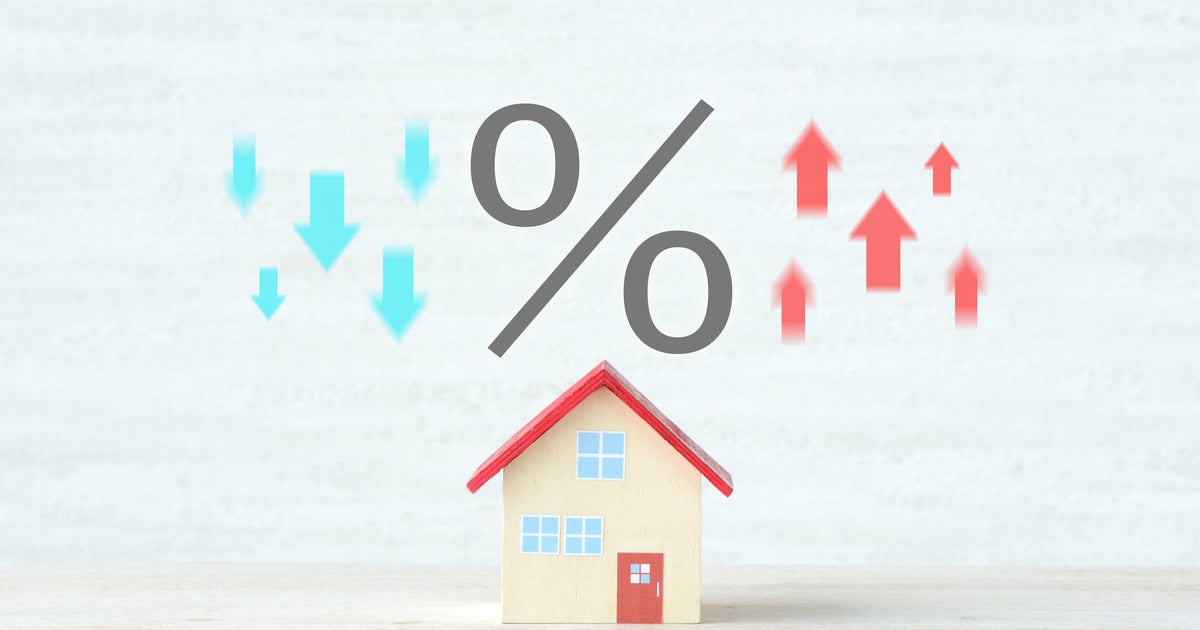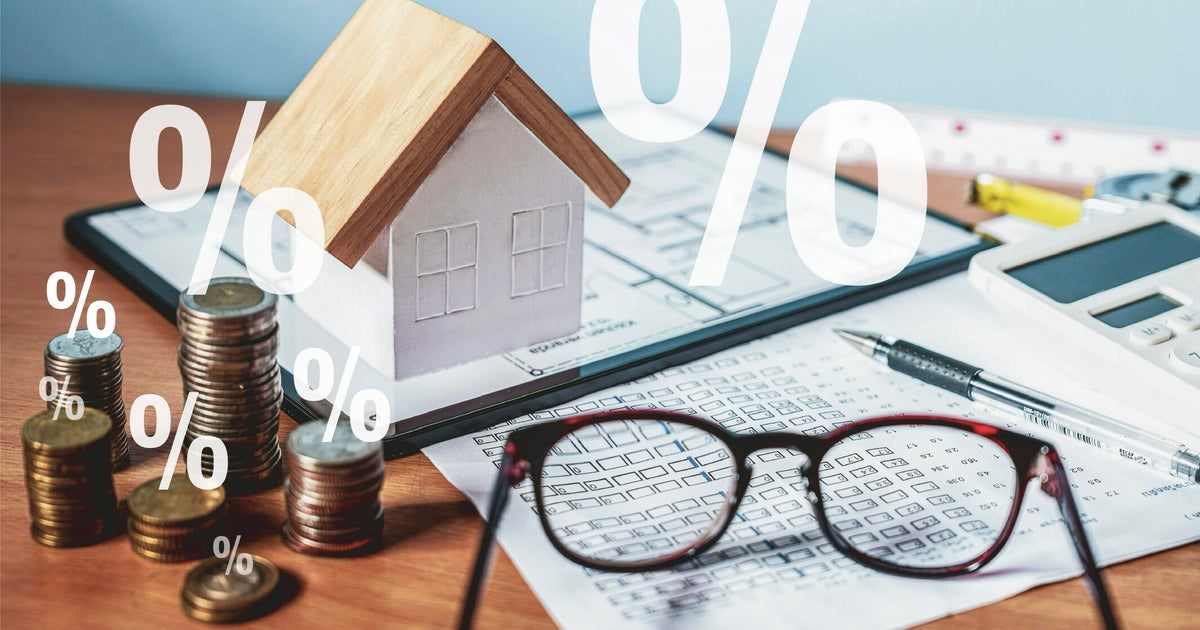What will the 2024 spring homebuying season look like?
The official start of spring is less than a month away, and some homebuyers are already anticipating a busy season. Historically, spring is an active period for home sales, and this year, some positive economic developments may add fuel to the fire.
After spending the better part of two years raising interest rates to curb inflation, the Federal Reserve is widely expected to lower the benchmark interest rate range in 2024, possibly beginning in March. Already, lenders have begun to price in lower mortgage rates and home loan rates could drop even further if the Fed follows through and cuts the rate.
Additionally, cooling inflation could stabilize living costs, allowing homebuyers to allocate more of their income toward a down payment and mortgage payments. Amid this backdrop, homebuyers may be assessing the market and trying to gauge how the spring homebuying season will shake out.
Get a head start on the spring season. Find out the mortgage rates you qualify for here.
What will the 2024 spring homebuying season look like?
Let's break down how potential mortgage rate cuts and inventory changes could affect homebuyers and what approach could help you navigate the season.
How will mortgage rate cuts affect the spring homebuying season?
If mortgage rates drop as expected, we're likely to see more homebuyers putting offers on homes, which, in turn, will likely drive up home prices.
"If mortgage rates fall throughout the spring homebuying season, the hope is that it will solve the lack of inventory problem by enticing current homeowners to list their property and purchase a new one," says Brian Shahwan, a mortgage banker and broker at William Raveis Mortgage. "The issue that may arise is that while mortgage rates go down, buyers will have more affordability which could then drive competition and, ultimately, home prices up."
Learn what your best mortgage options are online here.
What will inventory look like during the season?
High mortgage rates and inventory have been a drag on the housing market in recent years. While mortgage rates could drop this spring, more homeowners could list their homes for sale to increase inventory. But will it be enough?
"Inventory may rise slightly, but I doubt it will hit the level needed to match demand," says Maureen McDermut, a Realtor at Sotheby's International-Montecito. "However, there are signs that more homeowners may sell this spring, especially retirees. If they see demand on the rise, they will become even more motivated to put their homes on the market, knowing that there could be a bidding war."
What are some unique approaches homebuyers can take during this season?
In competitive real estate environments, as we're likely to see this spring, it's wise to get your ducks in a row before putting an offer on a home. Remember, sellers fear any complications that could cause the sale of their home to fall out of escrow.
Start by getting preapproved — not just prequalified — for a mortgage. Doing so will help you understand where your budget lies while strengthening your position as a serious buyer.
Shahwan advises serious buyers to get preapproved now if you want to be ready to purchase this spring. "Knowing you are preapproved at a higher-than-expected interest rate means, as rates come down, you will have more flexibility to compete should home prices go up."
"If you want to have a winning offer in 2024, then the best advice I can give is to pay cash or qualify for a conventional mortgage. Sellers will want to close fast and get close to their full asking price, so it will be a tough market for those going with FHA or low down payment mortgages," McDermut says.
The bottom line
Of course, there are other considerations to make if you're contemplating buying a home this spring. For example, if you only plan to live in the home for a few years, purchasing could be risky because you may not have enough time to build up equity. Consequently, if home prices fall, you could be upside down on the home—owing more than its worth, when you want to sell.
Also, timing the market could be difficult, or even impossible. While paying attention to economic conditions is crucial, it's more important to pay close attention to your finances when deciding if it's a good time to buy now or wait. And, buying could make sense if you love the home and can comfortably afford the monthly payments, maintenance costs and property taxes. But if purchasing a home strains your budget, consider taking time to improve your finances or find a more affordable home.




